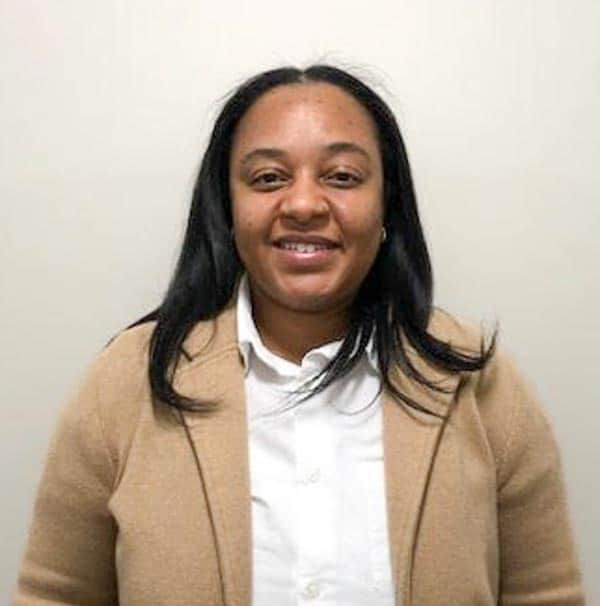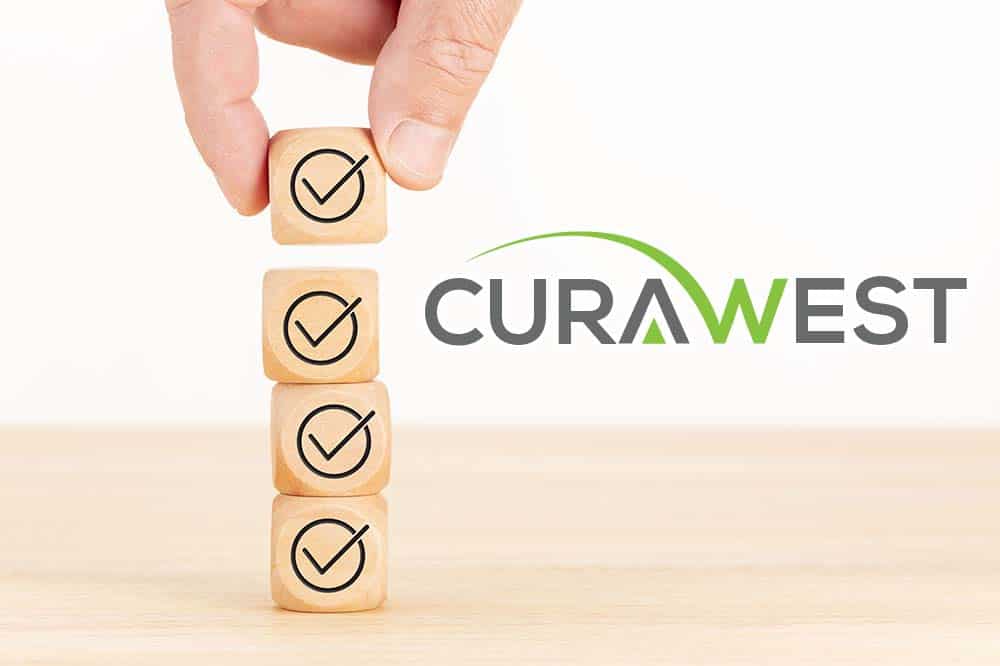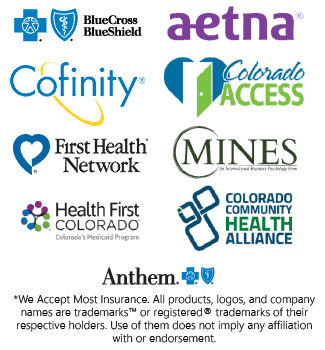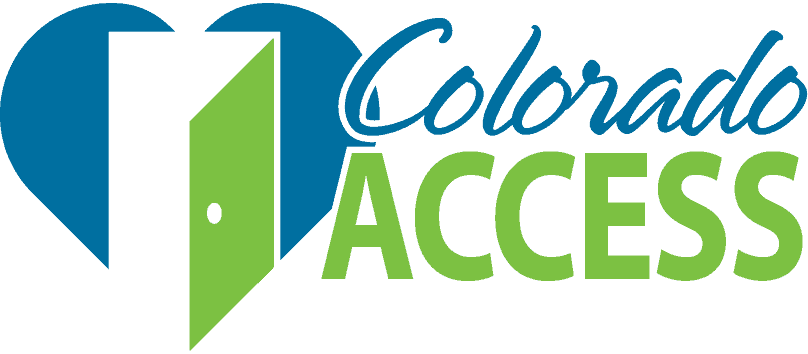Married & Addicted
Tips for Getting Sober Alongside Your Husband
Tips for Getting Sober Alongside Your Husband
Maintaining a healthy relationship can be tough, no matter how emotionally stable you are or how many years you and your partner have been together. Even the healthiest partnerships hit a roadblock on occasion. In most cases these roadblocks can be worked through with some understanding, patience and compassion.
Maintaining a healthy relationship while both you and your spouse are actively abusing chemical substances, on the other hand, is next to impossible. If you and your husband have both been battling a substance abuse disorder, you might be wondering if you can get sober alongside your husband. Maybe the two of you have never spent more than a day apart over the course of the past 10 years; maybe you have gotten so used to doing everything together that the idea of spending time apart feels entirely unbearable. Are you able to get sober in the same facility? How involved should you be in one another’s recovery process?
While it’s wonderful to have the support of your loved ones as you navigate early recovery, getting sober requires you to focus on your personal healing independent from your partner’s. Treatment is an opportune time to heal past wounds, learn healthy coping mechanisms and work on developing a strong sense of self. Only once you become your best self are you going to be able to adequately help anyone else. Thus at CuraWest we recommend undergoing your own individual addiction recovery journey and working on your marriage once your personal foundation for recovery has been built. CuraWest helps individuals take the first step in their recovery journey by offering medical detox services. Contact us for more information. Once you and your husband are both physically sober, it is important to have your own independent recovery programs. We have some tips for you.
The Importance of Self-Care
Self-care is important to addiction recovery. Engaging in self-care means prioritizing your own needs above the needs of others, making sure your mental and emotional health are intact and setting healthy boundaries whenever necessary. Sometimes it’s difficult to prioritize your own needs and maintain healthy boundaries when you’re in a relationship, especially when you lack the conflict resolution skills you are going to learn in treatment. Below are several ways to practice self-care in recovery while encouraging your husband to focus on his own personal recovery program.
- Seek the support of a group – There are many support groups designed for the loved ones of addicts and alcoholics, like Al-Anon. Many mistakenly believe that Al-Anon is not for people who have struggled with addiction themselves, but the truth is the meetings are open to anyone who has an addicted loved one and needs guidance and support.
- Be honest about where you are and how you’re feeling – Relationship issues aren’t going to magically resolve the moment you get sober, and there’s a chance that you’ll feel like even more of a mess than you were before seeking treatment. No one expects you to be perfect or handle every situation with grace and poise. If you need time and space, communicate that. If you need 20 minutes to cry alone in the shower, that’s okay. Just do your best to be as transparent with your husband as possible.
- Find your own group of friends – Women-with-the-women and men-with-the-men is a good rule of thumb. Your friends don’t necessarily have to be sober, though they should understand addiction (to some extent) and support your personal recovery journey. Some places to pick up a supportive friend circles include Al-Anon meetings, 12-Step recovery meetings, a subsequent level of treatment like IOP or a local yoga class. It’s important to have a friend group that’s separate from your husband’s so you can establish a strong sense of self independent of your partner. It will also help you to effectively process challenges.
- Find new activities to do together that don’t involve substance use – Maybe you used to go to your favorite happy hour every Friday night, or go wine tasting in Napa Valley on your anniversary. Explore new activities together; activities that won’t compromise your personal programs of recovery. This is an opportunity to bond on a deeper level while getting to know one another and yourself.
- Remember to give yourself some grace – Do the same for your husband. There’s a good chance you are both trying your hardest. Remember that you’re attempting to navigate an entirely new way of life, which takes an ample amount of courage.
We Are Here For You
Let Us Help You Heal
Our Drug & Alcohol detoxification experience is second to none.
Learn how we can help by speaking with one of our Treatment Advisors today.
Benefits of Focusing on Your Own Recovery
Focusing on yourself doesn’t mean neglecting your partner. Growing individually will ultimately help you come together in a healthy way and function in a relationship without compromising vital parts of yourselves.

There are numerous benefits when it comes to spending time focused on your own recovery, including:
- You begin to develop a sense of self separate from your partner – Active addiction strips us of our personal passions, goals and aspirations. When we get sober we start learning what we enjoy and what we really want out of life. As you develop a sense of self you are able to share new experiences with your partner. For example, say you discover you love hiking and backpacking. You can share this fulfilling sober activity with your husband, and he can share what he is learning about himself with you.
- You develop a set of healthy coping mechanisms that you can utilize to get you through the tough times – No marriage is perfect, and the going can get especially tough when you and your husband are getting sober at the same time. When you focus on your own recovery and regularly engage in self-care you become more capable of handling difficult situations with grace. You can implement what you’ve learned in your relationship, ultimately improving your communication skills and conflict resolution skills.
- You stop putting all of your emotional energy into your relationship – Most people who struggle with substance abuse and dependence also suffer from some degree of codependency, especially when they’re involved in romantic relationships. They place a lot of their self-worth on how their partner views them, and their emotional well-being depends on how their partner is feeling and behaving. When you start focusing on your own program of recovery your happiness becomes less dependent on your partner’s happiness. You are able to separate yourself in a healthy way while offering support.
- You realize that you’re going to be okay no matter what – Something pretty spectacular happens when you take the time to focus on yourself. You realize no matter what the universe throws your way, you can handle it. If you and your husband get into a fight, it isn’t the end of the world. If your husband relapses and you stay sober it’s going to be challenging, but you’ll get through it. So long as you prioritize your recovery everything else falls into place.
Ready To Begin Your Drug & Alcohol Detox?
We Offer A Safe & Effective Program
Don’t let Drug & Alcohol addiction control your life.
Call us today and let’s get you started on the path to a better you.
Begin Your Healing Journey Today
When you reach out to CuraWest, whether by form, chat or phone call, you will be instantly connected to one of our Treatment Advisors. Most of our Treatment Advisors are either in recovery themselves or have helped a loved one through the process. This gives them a unique sense of compassion and understanding. We know what you are going through and are ready to help make the process of getting treatment simple and straightforward. During the initial phone call we will provide a complimentary addiction assessment, a free, no obligation insurance benefit check and help coordinate local travel to our facility. All you or your loved one has to do is ask for help, and we will take care of the rest. Contact us today for more information on our medically monitored detox program or to begin on your own personal journey of healing.

Reviewed for accuracy by:
Jasmine Billups
LPC-S
Jasmine has worked in the mental health field for over 18 years. She earned her B.A. in Psychology with a Minor in Child and Family Relations from North Carolina Central University, and her M.A. in Mental Health Counseling from Argosy University. Jasmine is a Licensed Professional Counselor Supervisor and has specialized in addiction for over 10 years.
Begin Healing Now!
Have A Call With One Of Our Treatment Advisors
Don’t Suffer Any Longer























